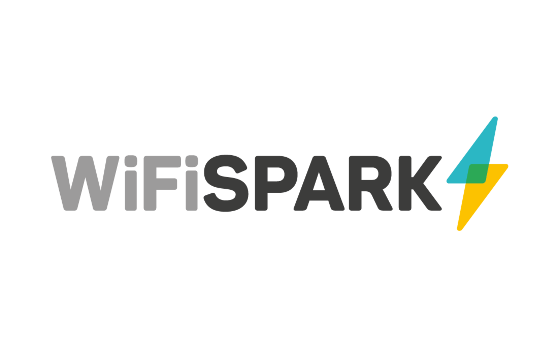 WiFi SPARK is renewing its commitment to making sure that NHS patients can enjoy the very best festive TV and entertainment without worrying about the cost.
WiFi SPARK is renewing its commitment to making sure that NHS patients can enjoy the very best festive TV and entertainment without worrying about the cost.
The specialist wi-fi and engagement provider is working with NHS Trusts to offer patients in beds with communications units that were formerly managed by Hospedia three days of free TV on Christmas Day, Boxing Day, and New Year's Day.
A similar offer last year saw TV viewing figures spike, with the highest take-up on Boxing Day, when patients enjoyed 101,036 hours of festive programmes.
Matt O'Donovan, the chief executive of WiFi SPARK, said the figures demonstrate how much the offer is valued; and the potential offered by a 'free at the point of use' model for hospital information, entertainment, and communications.
"We all know that the UK is facing a difficult winter, with a cost-of-living crisis and massive pressure on public services," he said. "At the same time, this is the first Christmas since 2019 when there will be no restrictions because of COVID-19.
"People will be wanting to celebrate and an important part of that will be chatting about their favourite TV specials with family and friends. That is why we felt it was particularly important to renew our free TV offer this year.
"At the same time, the success of last year's offer shows there is a real appetite from patients for more information and entertainment content. Ever since we took over the management of Hospedia, we have been advocating a move away from its unpopular 'patient pays' model.
"Making services 'free at the point of use' will enable trusts and health boards to address that appetite; and start thinking creatively about how they can put high-quality service and health information into the hands of patients and staff."
WiFi SPARK's parent company, Volaris Group, acquired Hospedia in November last year. Hospedia installed and managed 56,000 bedside units in hospitals across England, Scotland, Wales and Northern Ireland.
It traditionally offered patient's one day of free TV at Christmas, but WiFi SPARK extended this to three days last year, and made sure the New Year’s Day offer started early enough for patients to see in the new year.
This year's offer covers the TV services that are normally charged at £7.90 per day. Patients will not be asked to register or sign-up for the offer, to make access as simple as possible.
Outside the festive season, WiFi SPARK has been developing a three-year vision to enable trusts and health boards to transition away from their Hospedia contracts, while offering a better service to patients and staff.
In September, it launched SPARK TSL, which features new SPARK Horizon bedside terminals and a refreshed SPARK Media package for calls, radio, TV, magazine and information access, integrated with a new catalogue of time and cost saving apps to benefit both patient entertainment/engagement and staff efficiency needs. SPARK Horizon is free at the point of use.
Under the SPARK TSL model, the cost of upgrading the terminals, and running SPARK Media, would be met by trusts, health boards, or their charities. WiFi SPARK estimates that the cost to them could be as little as £1 per bed per day.
To test its ideas, it has been inviting NHS trusts to take part in a three-month trial of the new package and funding model. In line with the spike in TV usage last Christmas, one trust in the Midlands that took up the offer saw bedside unit usage increase by 70% and TV usage increase by 300%.
O'Donovan added: "A lot has happened since we launched last year's Christmas offer. As the recession bites, we believe that asking patients to pay for news, information and calls to their loved ones will become increasingly untenable.
"At the same time, there are efficiency savings to be made by putting apps into the hands of healthcare staff, using bedside infrastructure that is already available. So, as we head into 2023, I hope we will see more trusts and health boards embracing our vision."
About WiFi SPARK
WiFi SPARK is the main provider of wi-fi and media services to the NHS in the UK. In 2021, its parent company, Volaris Group, acquired Hospedia and its installed base of bedside patient communications and entertainment units.Since then, WiFi SPARK's vision has been to ensure that no patient pays for entertainment by 2024, and that hospitals can make the best use of both their bedside infrastructure and the SPARK Media platform, which can be used to deliver entertainment and information services to patients and staff.
To support its vision, WiFi SPARK has developed SPARK TSL, a package to enable trusts to exit their Hospedia deals with a new business model, new bedside units and an updated SPARK Media package. This includes a catalogue of specialist clinical and patient-focused apps that is being constantly expanded to enable trusts to fully customise their solution, drive efficiency, and improve user satisfaction.